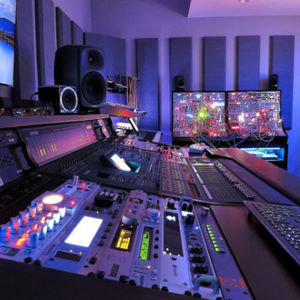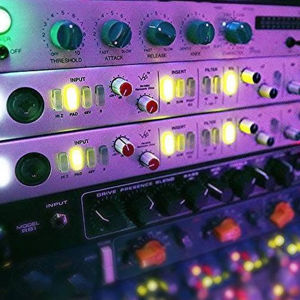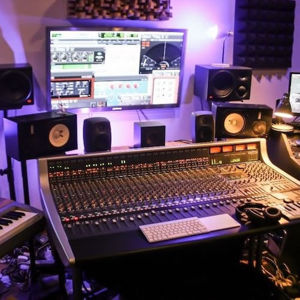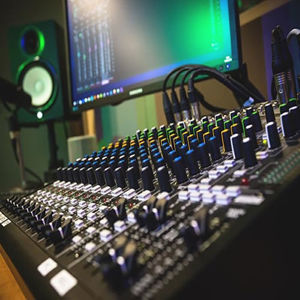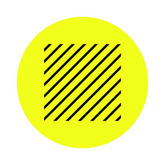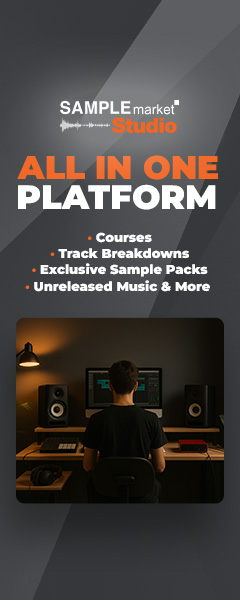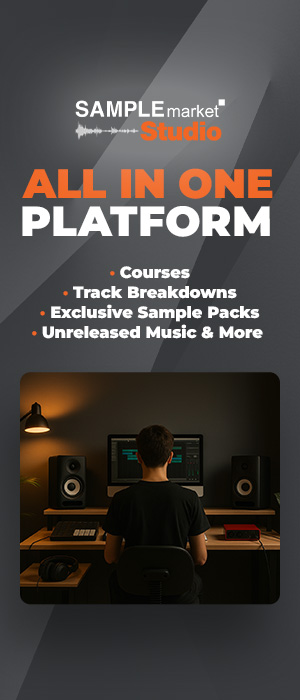You can come across various problems while producing. Read our 5 suggestions to avoid these problems whilst producing;
1 - EAR FATIGUE
Sometimes our ears can get lost beyond just ear fatigue. Sometimes we can lose objectivity after listening to the same song or genre for too long. It’s always a great idea to change your surroundings or expose your brain and ears to new frequencies.
If you were producing a heavy techno track for 5 hours plus, take a step back and listen to something that will be refreshing to your ears. Such as a rock or hip-hop album. Doing this ensures that you break the monotony of hearing the same things over-and-over again thus letting your brain reset itself with these new sounds.
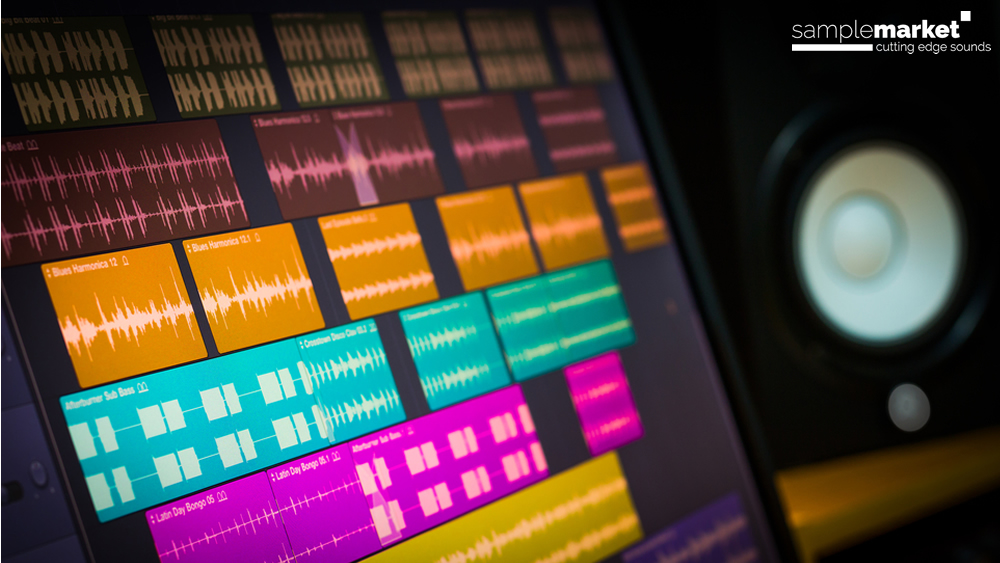
2 - MONITORING TOO LOUD
To someone new in mixing, monitoring at high volumes is extremely nice. This is because you can really feel the mix, the loudness, low end and punch of the track. At a professional view point you want to do the exact opposite.
The main reason for this is due to the “Fletcher-Munson equal loudness contour”. This phenomenon reveals that the human ear is not linear when it comes to perceiving bass. This means that if you are monitoring too loudly, you will be tricked into believing that the audio material under the mix has a lot of bass energy. Therefore, this results in some wrong EQ configurations; as a result, you will end up cutting some bass out. Due to you perceiving it to be a lot stronger than it actually is.
3 - DON’T BE UNORGANISED
Being organized is a crucial part of music production due to the number of files that you accumulate over time, and you need to be able to find certain samples/ plug-ins with ease.
A great starting point would be to keep your samples (especially one-shots) organized by putting them into folders that you can quickly identify. This ensures that your creative workflow doesn’t get interrupted when you are looking for that right chord stab or kick drum. Another great way of staying organized would be to put your favourite samples into folders. Most DAW’s have an option to create colour coded folders (such as Ableton) that you can easily group your most used samples, plug-ins and effects into. This ensures that you don’t spend a lot of time looking for your favourite synth line.
The final thing to ensure productivity and organization is to have an external hard drive (especially an SSD) to store all your samples on. As over time you will accumulate a lot of samples and this can hinder your computer's performance. It’s also a nice way to keep your sounds safe and easily accessible.
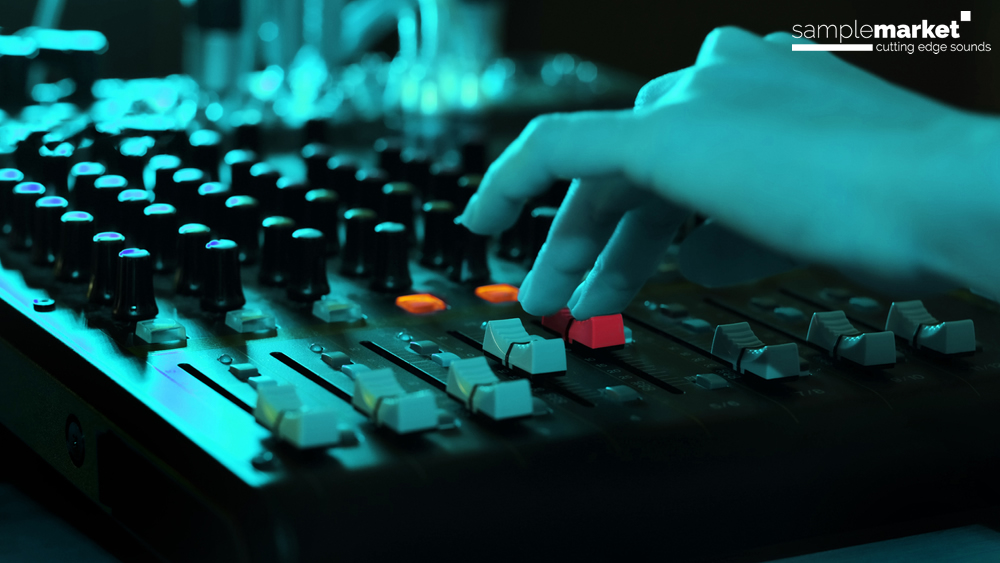
4 - DON’T OVERCOMPRESS
Don’t over compress. Using a compressor on your tracks is exactly like adding salt to your food! It can make everything sound better, but a little too much can completely ruin your mix. Also, not everything requires compression. Over-compression can be a fatal mistake for your mix, compressing the life out of all the elements in your track will lead to your finished mix sounding completely lifeless with no dynamics. Whilst this is a standard technique in dance music, there are still limits on how much you should use. So, turn down the compression sometimes, and it may clean up your music and put more life into your track.
5 - DON’T ALWAYS RELY ON VISUAL FEEDBACK FOR MIXING DECISIONS
The best advice for producing music is to always use your ears. If something doesn’t sound right, then it probably doesn’t. In a world where there are plugins that visualize everything for use, sometimes it's not always best to rely on these visual representations of what is actually happening in our track.
Your ears are the best thing to use when producing and taking care of them is more than important. Over time, you will understand and learn how to trust your ears, which in hindsight will result in better mix downs.


